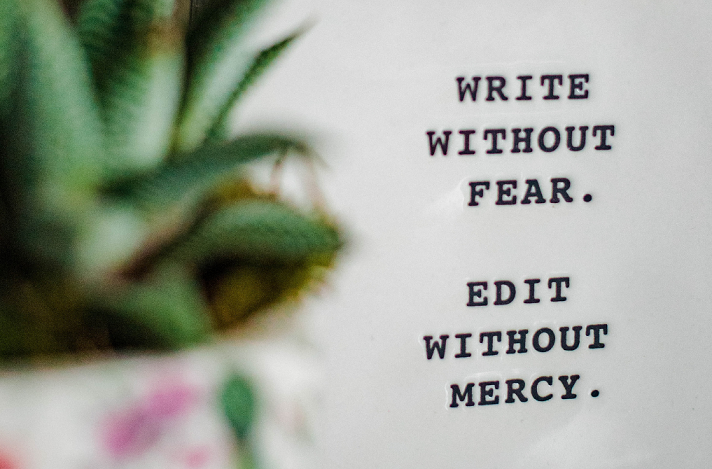About three months ago I was commissioned by the Community Programme Manager at the Old Royal Naval College to write a poem for an exhibition uncovering the history of Black British mariners in Greenwich.
It wasn’t completely out of the blue. We’d been meeting up during the summer for socially-distanced walks to share, among other things, our reactions to the shocking, casually brutal murder of George Floyd. As friends and allies, we both expressed our mutual desire to contribute something concrete within our spheres of influence.
So, when Kori invited me to write a piece for the planned exhibition unearthing stories of black mariners and the presence of black communities in 18th-century Greenwich for Black History Month, I was excited to participate.
Then I got the email in late August that my submission was due within a week! Almost overnight, the chance to add my voice to the narrative around racial justice now had all the makings of a writing monster!
Pushing aside my doubts about the looming deadline, I decided to wrestle the beast to the ground.
Tackling the ‘beast’
Ever feel like the writing process is like that? You start off with great ideas, but even before you actually put pen to paper it’s turned into some unwieldy thing that you can’t tame?
Here are seven steps that I took in the process of writing my poem that I believe can be applied for any kind of writing, whether it’s blog content, emails or your first e-book.
1) Give yourself a deadline
A task often expands to fill the time. Having a six-day deadline to write about a topic I knew little about focussed my mind. I just told myself it would be what it would be, which took the pressure off. When it comes to your own writing and expertise it may feel like there’s more at stake, but try setting a deadline for publishing the piece to avoid getting bogged down by distractions or imposter syndrome.
2) Do your research
I made use of the information that was sent, Googled people and topics, and got in touch with the historian for the project, S. I. Martin, to help inform and give context to my writing. Even when it’s an area of expertise that you’re writing about, it’s good to do research on your topic to identify current trends etc.
3) Take note of your reactions – positive and negative
These are really helpful for sharing your voice and passion in a way that connects you personally with your ideal clients. They can also take you down surprising paths and prompt new questions you hadn’t considered before, and provide a fresh take on an otherwise tired topic.
The only information that I could glean online for my poem was the first slave narrative by Briton Hammon, who was released by his master to work on a British naval ship in 1754. He recounts his trials at sea, ending with his joyful reunion with his ‘good old master’ onboard a ship. I found this unsettling; not at all the story that I imagined telling. But it raised some thought-provoking questions about freedom that were worth exploring.
4) Find an angle for your central theme
I knew I wanted my poem to speak to anti-slavery and anti-racism today, but my challenge was to find a bridge from Briton Hammon’s good old master narrative to a journey of becoming woke to systemic racism. So, I decided to use his reunion as a jump-off point for re-imagining his journey from a 21st-century perspective. Finding your angle will help you stand out from the crowd who are giving the same perspective.
5) Plan your ideas
This clarifies your thoughts, provides a framework, and makes the writing process easier. My favourite planning tool is the spider diagram. I use these for ‘thought showering’ associated images or ideas that come to mind. For the poem, I jotted down the words ‘good old master’ and associated images of ships, slave passage, freedom and ‘savages’. For bigger pieces of writing, like articles or e-books, I might then number different topics or sub-headings.
Beware of letting the planning get in the way of the actual writing, though.
6) Give yourself permission to free-write
One of the biggest blocks to writing is wanting it to be perfectly formed. For me, free-writing was something I did for a writing exercise, not for my business. And certainly not when writing to a deadline! In this case, though, it allowed me to journey with the piece and let ideas take shape. Okay, so you might think that poetry lends itself more to this approach, but I recently tried it with a blog post and it really helped me to short-circuit my internal perfectionist editor. For me, having a plan gave me permission to do this.
7) Get friends or colleagues to read your writing
Poetry is such a personal form of writing, but I dared to share it with some of my friends and family with an explanation of the general theme. I got some great feedback on how it came across, which led me to add more and to re-structure it. An outside eye will give you that objectivity and can catch those rogue words and phrases you’ve become blind to.
Do you want to establish your profile as an expert in your niche, but need help to overcome the monster that the writing process may have become in your head? Contact me to arrange a discovery session.
You can have a listen to my poem, My Good Old Master, below
Photo credits: Hanna Grace, Unsplash. Audio image by Luna Dizon

